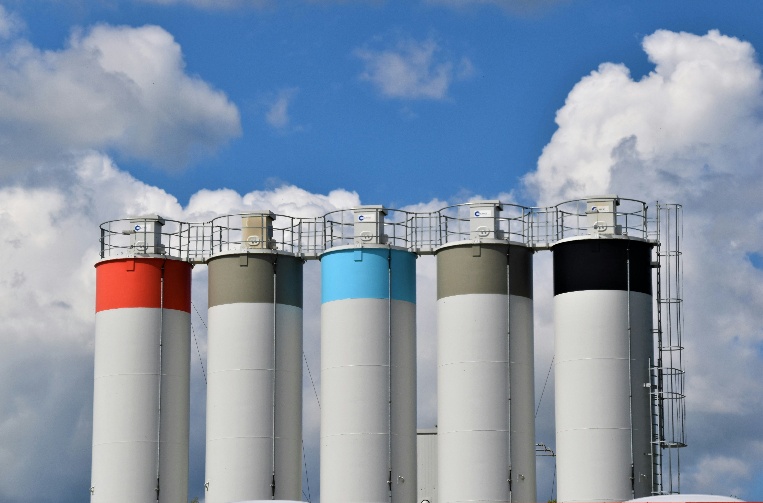Dit artikel gaat verder in het Engels
Here are 3 key takeaways.
#1. Consolidation as a strategic imperative
The European and Dutch chemicals industry is experiencing a clear trend towards consolidation. Companies are making strategic acquisitions in pursuit of scale advantages, risk diversification, and to reinforce their position within the value chain. These moves are, in part, a response to ongoing economic uncertainty and the growing need to operate with greater efficiency. Understanding this consolidation trend enables companies to anticipate competitive pressures, identify acquisition or partnership opportunities, and strategically position themselves for growth or defensive manoeuvres in a rapidly changing market.
#2. Sustainability as a driving force for investment
Sustainability is increasingly shaping merger and acquisition decisions in the sector. Regulatory frameworks and investors, pension funds in particular, are placing heightened emphasis on Environmental, Social, and Governance (ESG) objectives. This pressure compels companies to invest in cleaner technologies and more sustainable production methods, often prompting a reorganisation of their portfolios. Clients need to align with evolving ESG expectations to remain attractive to investors and stakeholders. Proactively integrating sustainability into M&A strategy can unlock access to new capital, enhance brand reputation, and ensure long-term compliance with regulatory requirements.
#3. Portfolio focus and specialisation
Chemical companies are sharpening their focus by divesting non-core operations and concentrating efforts on segments where they possess a competitive edge or can drive innovation. This approach is fuelling a dynamic acquisition market in which portfolios are actively restructured to strengthen strategic positioning. By concentrating on core strengths and divesting non-essential assets, clients can optimise efficiency and increase agility. This focus enables them to allocate resources strategically and capitalise on innovation, ensuring resilience in an evolving industry landscape.
The chemicals sector is vital in advancing our economy to net-zero. Through mergers, innovation, and navigating ESG regulations, companies can transform, enable a more circular society, and create solutions essential for a low-carbon future—supporting both industry resilience and broader sustain-ability goals.
Over de auteurs
Gerelateerd nieuws

Einde salderingsregeling, wat verandert er voor boeren (en burgers) op 1 januari 2027?
Omgeving

CSRD versoepeling op komst? Dit is waarom u tóch op transparantie moet inzetten
Klimaat

De impact van de Europese richtlijn Duurzaamheidsrapportage (CSRD) op de Nederlandse zorgsector
Klimaat

De nieuwste ESRS-updates navigeren: belangrijke inzichten voor jouw organisatie
Klimaat


